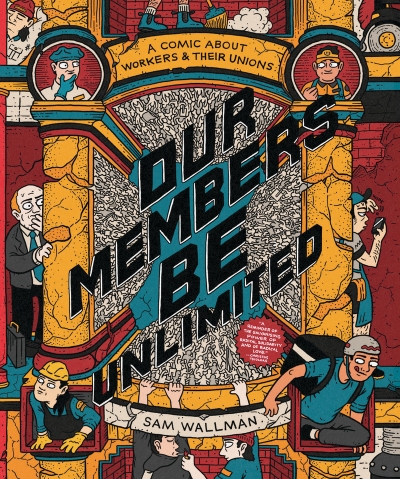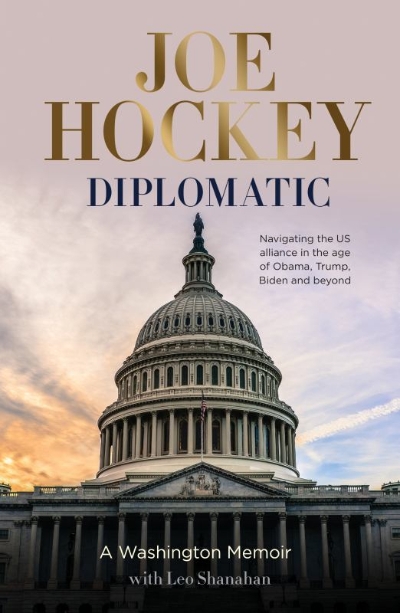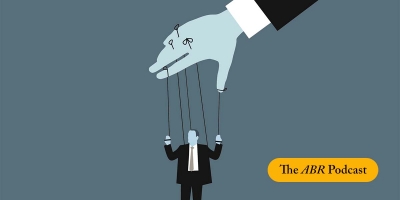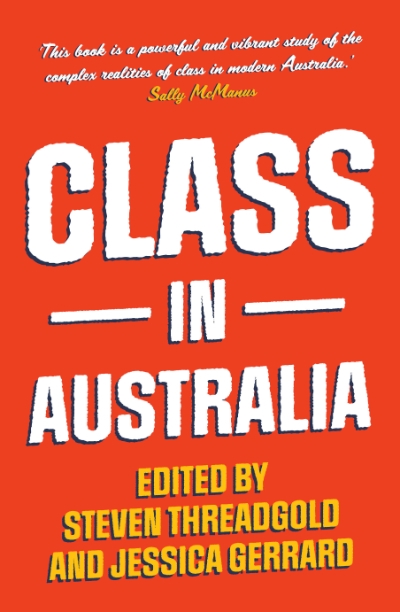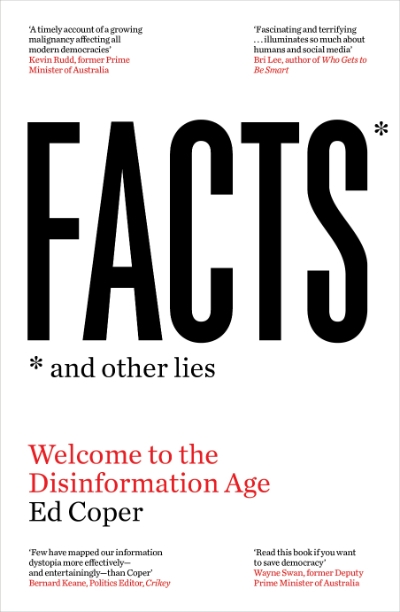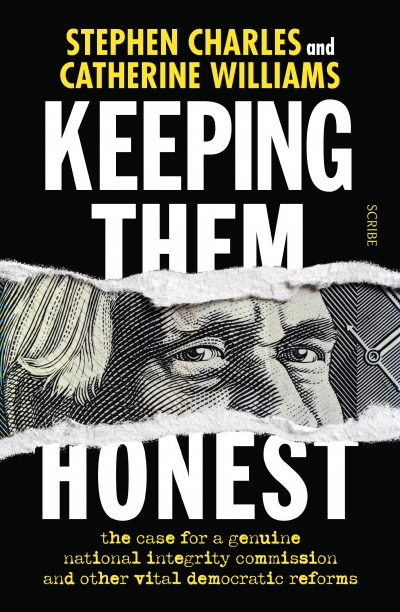Politics
Our Members Be Unlimited by Sam Wallman & Orwell by Pierre Christin and Sébastian Verdier, translated by Edward Gauvin
Sam Wallman’s graphic novel Our Members Be Unlimited – ‘a comic about workers & their unions’ – recalls the past victories and the present importance of unions but is haunted by an increasingly attenuated spirit of collectivism. These ‘good ghosts’ of unionism appear halfway through the book during a conversation between two friends, both union members but engaged at different levels of activism. The sequence ends as they watch a fellow worker, oblivious, push his trolley through the trailing ectoplasm of one of these ghosts of collectivism. The two friends look on, bug-eyed, willing him to turn around and notice. So do the ghosts.
... (read more)When I was launching my book Atomic Thunder: The Maralinga story in 2016, one of the guests put it to me that the name Maralinga should be just as recognisable in Australian society as Gallipoli. This comment suggested that the British tests had a broader meaning that spoke to a national mythology and were not just interesting historical events.
... (read more)I performed my first abortion when I was twenty-five years old. I didn’t want to: I had seen abortions performed before and knew the procedure was messy and brutal. The women were lightly anaesthetised, unparalysed, not intubated. Sometimes a woman would twitch, even flinch, under the anaesthesia as her cervix was dilated and her uterus evacuated. I wondered if any of the women knew in a visceral sense what was being done to their bodies. Being pregnant, and then not; afraid, and then less so, the immediate problem solved, the deeper concerns of poverty and violence left untouched by my team. I would see them afterwards. No complications. No, you don’t need to pay. Yes, you can go. By the way, would you like a script for the pill?
... (read more)Diplomatic: A Washington memoir by Joe Hockey with Leo Shanahan
In the chaos that opened the Trump administration in 2017, foreign governments were looking for any and all insiders for information. Australia turned to Joe Hockey, who turned to golf. In this very readable account of the former treasurer’s four years in Washington (2016–20), Hockey tells us how he navigated ‘TRUMPAGEDDON’. This is a story replete with funny anecdotes and unsettling observations. Diplomatic leaves the reader convinced that diplomacy is more about art and luck than about science and process. It is also oddly reassuring about the vicissitudes that the Australia–United States relations can weather, even under the most weird leadership.
... (read more)When Scott Morrison called the federal election in early April, he did so on an apologetic note: ‘I get it that people are tired of politics.’ This was a predictable gesture from the prime minister: his term has been marked by a series of controversies that have raised many questions about his capacity to lead on some of the country’s most pressing issues, though relatively few about his skill in internal party politics.
... (read more)I don’t know why some people seem to think voting is a great imposition. I love lining up and watching the person behind the table pick up the ruler and find my name. There’s a little warm glow of being one tiny thread in the great muddled ball of string that is the democratic process. Always, in the queue there’s a particular feeling: pleased, proud, everyone hugging to ourselves the little secret of how we’re going to vote. When my kids were at primary school, I loved helping to person the stall churning out the Democracy Sausages.
... (read more)Class in Australia edited by Steven Threadgold and Jessica Gerrard
To contemplate class in Australia is to be confronted immediately by paradox. Australia has over the past forty years become much more unequal, and yet those institutions formed to contest class inequality – the trade unions and the Labor Party – have become weaker and less militant. The labour movement has largely avoided a language of class as divisive and old-fashioned, and yet right-wing propagandists have successfully deployed a rhetoric of ‘battlers’, ‘aspirationals’, and ‘élites’ to draw support and win elections. The university system has been transformed, so that its leadership is akin to a corporate class of ‘change agents’ and much of its workforce is insecurely employed. Within the halls of learning, class analysis has not for some time been an area of vigorous research; in the humanities and social sciences, the action (and the research funding) has long been elsewhere.
... (read more)Facts and Other Lies: Welcome to the disinformation age by Ed Coper
On 9 March 2022, Russian forces at war in Ukraine bombed a maternity hospital in the city of Mariupol, killing three and injuring seventeen. In a confused response to international condemnation, Russia denied responsibility, designating these denunciations ‘information terrorism’ and ‘fake news’.
... (read more)In Australia today, many young people are actively engaged in politics. While adults often describe young people as disengaged, apathetic, or uninformed about politics, these perceptions and labels do not align with the reality. As Judith Bessant has pointed out, ‘[T]here is a long and rich history of political action by children and young people’ (Making-Up People: Youth, truth and politics, Routledge, 2020).
... (read more)Keeping Them Honest: The case for a genuine national integrity commission and other vital democratic reforms by Stephen Charles and Catherine Williams
One of the most important pieces of public interest journalism in recent times, and one with direct relevance to Australia, was written from a prison camp east of Moscow in 2021 by Russia’s de facto opposition leader, Alexei Navalny, incarcerated by the Putin government after its failed assassination attempt on him (Guardian, 20 August 2021). During his imprisonment, Navalny had identified a pattern in the memoirs of world leaders. Integrity was never mentioned in their accounts of ‘big agenda’ policy successes, only failures. The argument that pervasive corruption in the government of Afghanistan explained the failure of Western intervention there is one example. Navalny said the pattern invited an obvious question.
... (read more)
